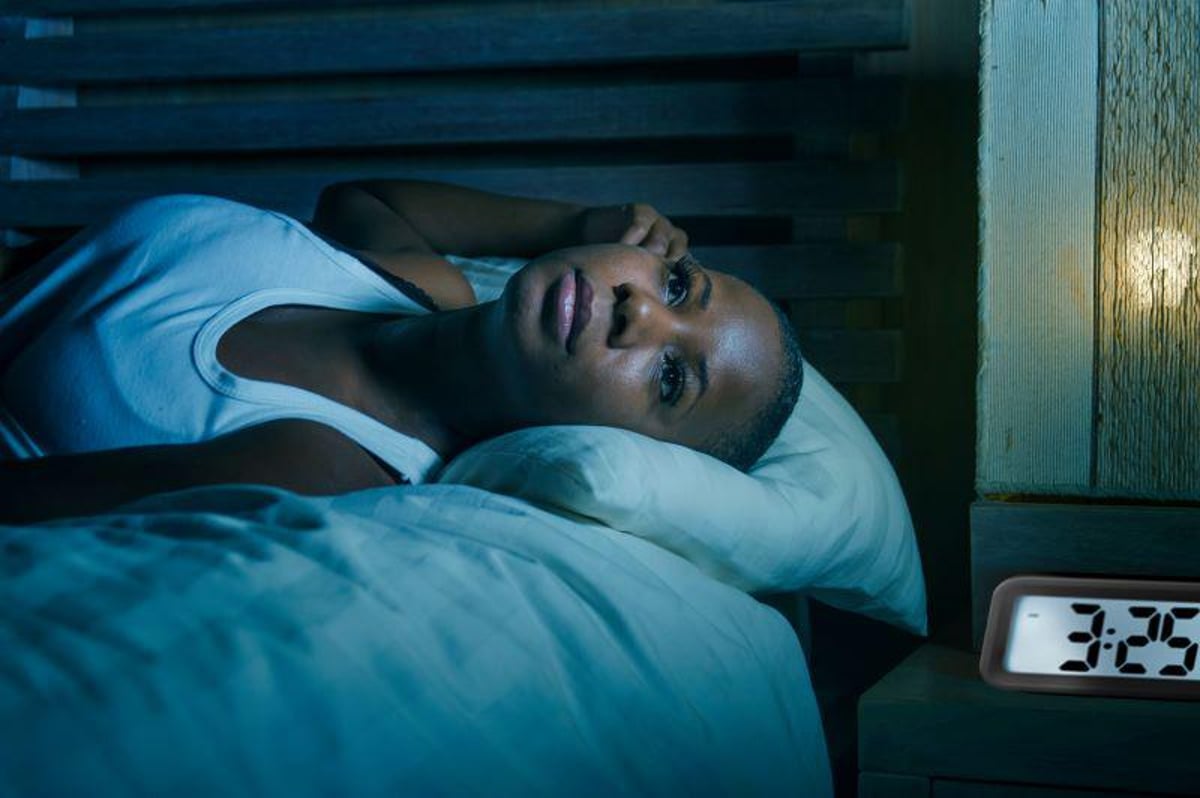Sleep Medication Used by 8.4 Percent of Adults in 2020

WEDNESDAY, Jan. 25, 2023 (HealthDay News) -- In 2020, 8.4 percent of adults took sleep medication in the last 30 days to help them fall or stay asleep, according to a January data brief published by the U.S. Centers for Disease Control and Prevention National Center for Health Statistics.
Cynthia Reuben, from the National Center for Health Statistics in Hyattsville, Maryland, and colleagues used 2020 National Health Interview Survey data to describe the percentage of adults who used medication to help them fall or stay asleep most days or every day in the past 30 days.
The researchers found that in 2020, 8.4 percent of adults took sleep medication to help them fall or stay asleep in the last 30 days either every day or most days. The use of medication generally increased with increasing age; women were more likely to take medication for sleep than men (10.2 versus 6.6 percent). For men and women, there was variation observed in use of sleep medication by race and Hispanic origin, with higher use seen among non-Hispanic White adults versus other race and Hispanic-origin groups. Among men, the use of sleep medication was least likely for those with the highest family income versus lower- and middle-income groups.
"Some variation was observed in the patterns between men and women," the authors write. "Among men, the likelihood of using sleep medication increased with increasing age, while among women, the likelihood of taking sleep medication was the same for those aged 45 to 64 and those aged 65 and over."
Related Posts
AHA News: 7-Year-Old With Cancer Had a Stroke. Mom’s Rapid Response Saved Her.
THURSDAY, Jan. 13, 2022 (American Heart Association News) -- "Mommy, I'm tired"...
AHA News: Loss of Executive Function With Aging Can Make Learning New Skills Hard
FRIDAY, July 14, 2023 (American Heart Association News) -- Technology is...
Health Highlights: Nov. 8, 2022
Ovary removal before menopause could raise a woman's risk for Parkinson's. In a...
FDA Says Gene-Edited Cattle Are Safe to Eat
TUESDAY, March 8, 2022 (HealthDay News) -- The U.S. Food and Drug Administration...
